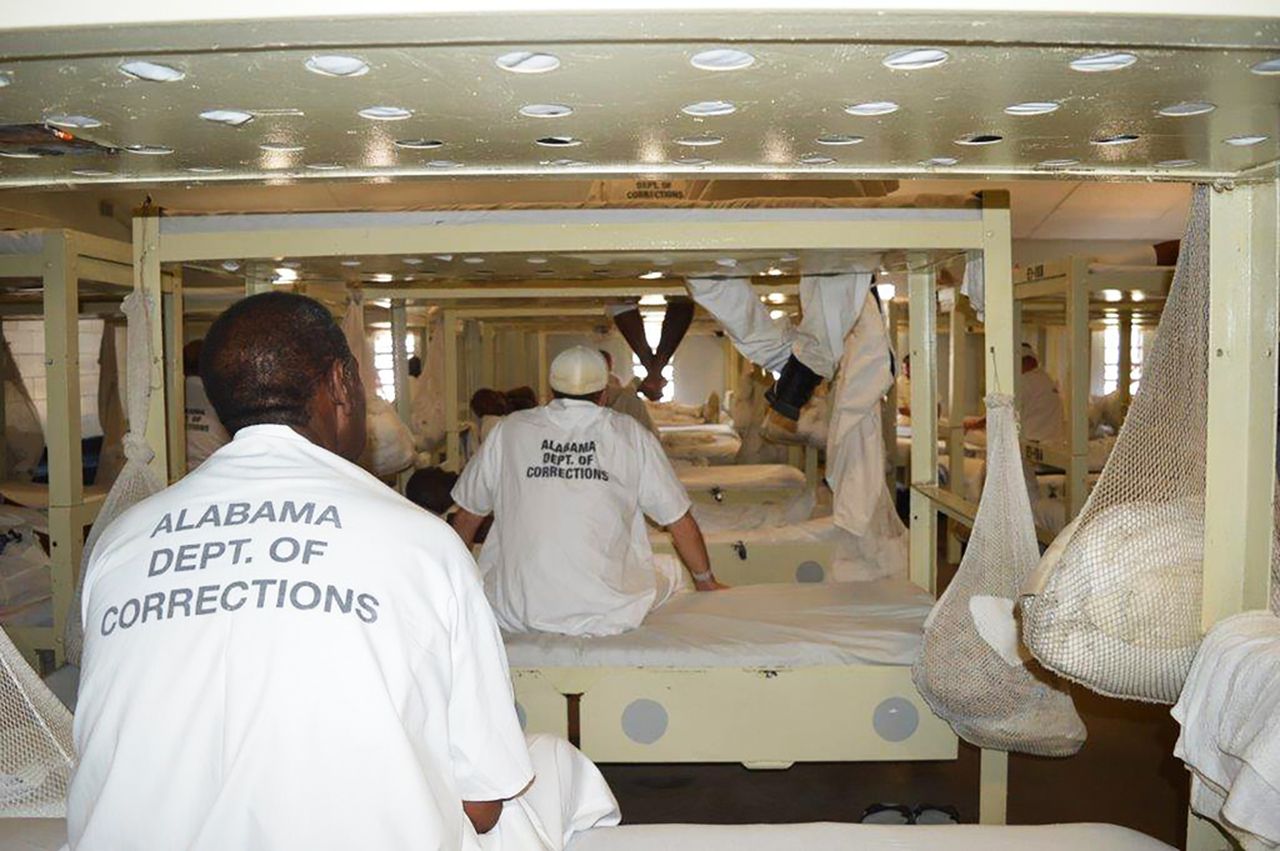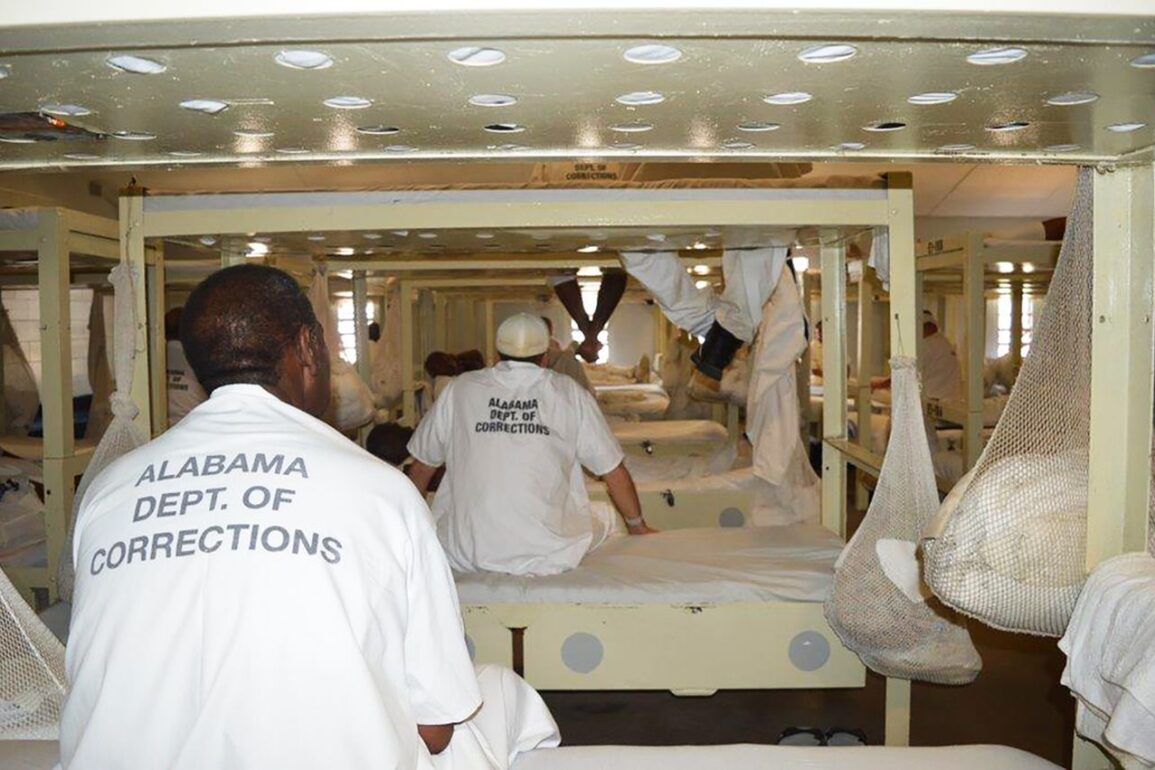
U.S. District Judge R. David Proctor has ruled in favor of the state of Alabama on an issue in the U.S. Department of Justice lawsuit alleging unconstitutional conditions in the state’s prisons.
Alabama requested to inspect four federal prisons as part of its discovery in building its defense in the case. The DOJ opposed the request.
In an order issued Oct. 31, Proctor sided with the state and with a special master for the court who recommended allowing the inspections.
The DOJ sued Alabama in December 2020, alleging that Alabama violated the 8th and 14th amendments by failing to prevent prisoner-on-prisoner violence and sexual abuse, failing to protect prisoners from the use of excessive force by security staff, and by failing to provide safe physical conditions of confinement. The DOJ updated the lawsuit with a second amended complaint in November 2021.
Alabama has acknowledged problems with its prisons but is fighting the allegations that conditions violate the Constitution.
Alabama requested that its experts and lawyers be allowed to inspect the Coleman Correctional Complex in Florida, the Hazelton Correctional Complex in West Virginia, the Yazoo City Correctional Complex in Mississippi, and the U.S. Penitentiary in Atlanta.
Alabama’s lawyers, in support of the request to inspect the federal prisons, said the DOJ will compare Alabama’s prisons with other prison systems, including the federal Bureau of Prisons. They said the DOJ’s lawyers will claim Alabama’s prisons are deficient compared to others.
The DOJ said the inspections would be unduly burdensome and harassing, were not sufficiently relevant, and were generally inappropriate and unnecessary. The DOJ filed objections to the special master’s report that recommended allowing the inspections.
Proctor agreed with the state that the inspections were relevant to establishing whether the Alabama Department of Corrections has responded reasonably to the DOJ’s allegations about prison conditions.
The DOJ, in the course of the lawsuit, inspected Alabama’s 13 men’s prisons over 24 days and arranged interviews with 1,000 inmates, Proctor noted.
“Clearly, the information regarding the State’s prisons that the United States’ site inspections produced was important to the claims made in the Second Amended Complaint,” Proctor wrote. “Similar information is likely important to the States’ affirmative defenses.”
The judge instructed the parties in the case to “work together to minimize the disruption to the BOP and facilitate the visits using the same, or similar, protocols used to conduct facility visits of the State’s prisons.”
Read more: Alabama, Justice Department headed toward trial over prison conditions in 2024
As winter approaches, Alabama inmates still face open-air windows
This post was originally published on this site be sure to check out more of their content.









